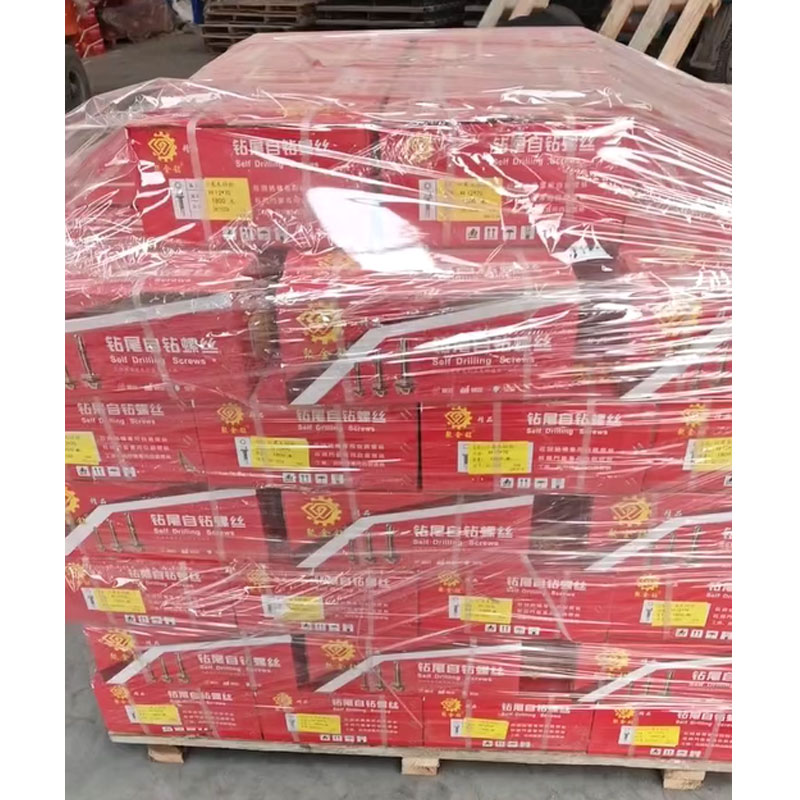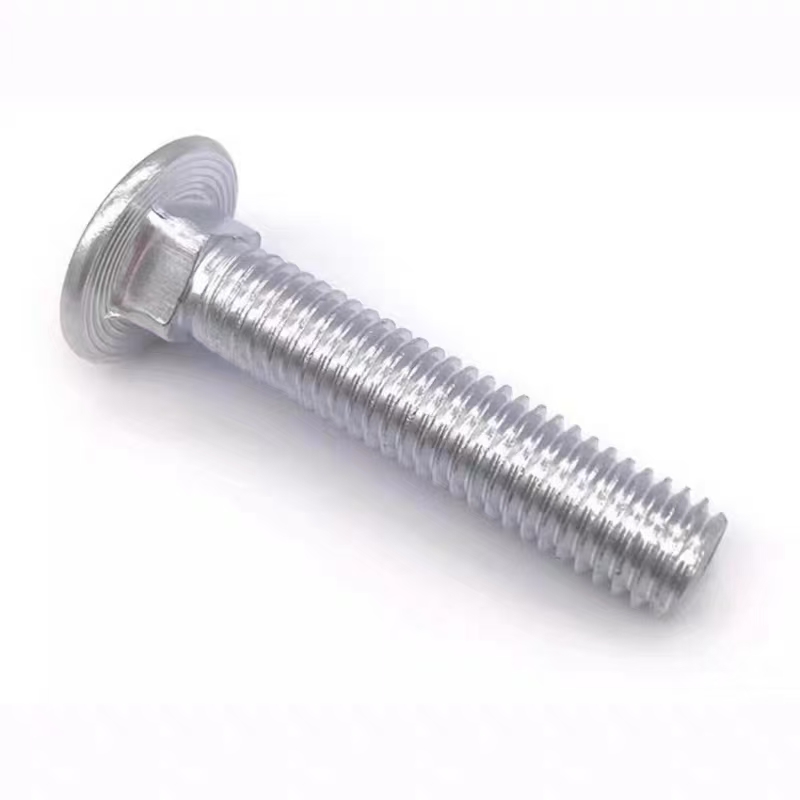- Chinese
- French
- German
- Portuguese
- Spanish
- Russian
- Japanese
- Korean
- Arabic
- Irish
- Greek
- Turkish
- Italian
- Danish
- Romanian
- Indonesian
- Czech
- Afrikaans
- Swedish
- Polish
- Basque
- Catalan
- Esperanto
- Hindi
- Lao
- Albanian
- Amharic
- Armenian
- Azerbaijani
- Belarusian
- Bengali
- Bosnian
- Bulgarian
- Cebuano
- Chichewa
- Corsican
- Croatian
- Dutch
- Estonian
- Filipino
- Finnish
- Frisian
- Galician
- Georgian
- Gujarati
- Haitian
- Hausa
- Hawaiian
- Hebrew
- Hmong
- Hungarian
- Icelandic
- Igbo
- Javanese
- Kannada
- Kazakh
- Khmer
- Kurdish
- Kyrgyz
- Latin
- Latvian
- Lithuanian
- Luxembou..
- Macedonian
- Malagasy
- Malay
- Malayalam
- Maltese
- Maori
- Marathi
- Mongolian
- Burmese
- Nepali
- Norwegian
- Pashto
- Persian
- Punjabi
- Serbian
- Sesotho
- Sinhala
- Slovak
- Slovenian
- Somali
- Samoan
- Scots Gaelic
- Shona
- Sindhi
- Sundanese
- Swahili
- Tajik
- Tamil
- Telugu
- Thai
- Ukrainian
- Urdu
- Uzbek
- Vietnamese
- Welsh
- Xhosa
- Yiddish
- Yoruba
- Zulu
- Kinyarwanda
- Tatar
- Oriya
- Turkmen
- Uyghur

How does Power Bolt impact sustainability in tech?
2025-08-09
Power Bolt’s role in tech sustainability is as dynamic as it is challenging. At first glance, it might not appear obvious how a fastener product can alter the landscape of sustainability in technology. However, when delving deeper, the potential becomes clearer and often underestimated. Let’s explore how this seemingly simple component can make a notable impact.
Understanding the Basics of Power Bolt in Sustainable Tech
Power Bolts are not just about holding machinery together; they are intricately tied to the efficiency and lifespan of tech equipment. A well-designed bolt can mean the difference between a device that lasts five years versus one that lasts a decade. This longevity enhances sustainability by reducing waste and conserving resources otherwise spent on replacements.
Consider an industry-focused company like Handan Zitai Fastener Manufacturing Co., Ltd., located in China’s largest standard part production base. Although situated near vital transport arteries like the Beijing-Guangzhou Railway, making distribution efficient, their sustainable focus truly helps cut down carbon footprints. By manufacturing high-precision bolts that enhance product life, the company supports a more sustainable supply chain.
Problems arise when fasteners fail under stress – leading to machine downtimes that are costly both financially and environmentally. New components must be sourced, often involving extensive logistics, and discarded materials heap up, often ending in landfills. That’s where robust, durable Power Bolts shine, mitigating these issues significantly.
The Role of Materials and Design Innovations
High-quality fasteners like those produced by Handan Zitai utilize advanced material composites that withstand greater stress with less material. This not only saves raw resources but also lowers energy consumption during production. Through innovation in bolt design and materials, companies can manufacture with less environmental impact.
During one project I encountered, our team swapped traditional steel bolts for a composite version, reducing weight by 30% and raw material needs by half. This change made shipping more efficient and assembly easier, reflecting a successful blend of environmental and economic benefits.
But with any innovation, challenges persist. Material costs can be prohibitive, and integrating new technologies often demands a recalibration of existing systems. However, over time, such investments generally pay off not just in sustainability but in reliability and customer satisfaction.
The Supply Chain Advantage
Companies like Handan Zitai Fastener Manufacturing Co., Ltd., with their strategic location, gain a competitive edge in the sustainability space. Their proximity to major transport hubs minimizes transportation emissions, a significant factor in sustainable operations.
Imagine a tech manufacturer in North America sourcing bolts globally—shipping alone creates a substantial carbon footprint. Conversely, by strategically placing production closer to final assembly points, firms reduce these emissions dramatically. This is where fastener companies can lead industry shifts toward greener supply chains.
Strategic sourcing of fasteners isn’t just about convenience; it signals a commitment to integrating sustainability at every step of production. This holistic approach is key to genuinely impactful sustainability practices.
Economic Impacts and Long-Term Benefits
Skeptics often point out the initial cost of transitioning to higher-quality fasteners. However, the long-term savings from reduced downtime, fewer replacements, and a lower environmental footprint provide compelling arguments for this sustainable shift.
Through anecdotal experiences, I’ve seen projects that initially balked at set-up costs for these superior fasteners. Yet, within two years, these had more than offset their higher up-front expenses, largely through decreased maintenance and improved energy efficiency.
Moreover, the move significantly bolstered brand loyalty among environmentally conscious consumers. Companies increasingly recognize this as a key competitive advantage in today’s market.
Challenges and the Road Ahead
Adopting sustainable fasteners isn’t without its challenges. There are technical hurdles, like ensuring compatibility with existing technologies and guaranteeing performance under varied conditions. Moreover, transitioning an entire supply chain can be daunting, especially for larger entities.
However, collaboration with experts and manufacturers, as seen with reliable partners like Handan Zitai, can ease this transition. Their deep industry knowledge supports integrating sustainable practices without compromising on performance.
Looking forward, the tech industry needs to embrace these shifts. Incremental changes in components like Power Bolts may seem minor, but cumulatively, they hold substantial potential for positive environmental impact. Let’s foster this transition together.













